I live in Chicago, and I walk along the lake nearly every day. Tonight, I met a flock of medical students who were grilling at Montrose Beach. They invited me to a piece of chicken, and we started talking. It quickly came out that I'm a writer.
When the cook heard what I was writing about, he called for his friend who studies theology and introduced me. These young people are eager to hear a new viewpoint. They have open ears for different information than what they have been fed. First they asked if I thought everything in "The Da Vinci Code" was true.
I admire Dan Brown for having started the discussions. The actual facts about Mary Magdalene and Jesus are few and far between. Very little passes our tough criteria for being given the approval stamp of "truth". (Curiously, many things in our history books are quite questionable, but have passed as true for years.) When it comes to what is "true" of the Biblical stories, there isn't really a whole lot to build a case on, for or against. There are many possibilities of what might be the truth. It depends on where you look for facts. It depends on what credence you give to stories told by different authors, who all claim their portion of truth. It depends of what depth you are looking for. There are many ways to build a story.
When I started writing "Rituals in Sacred Stone", I researched the time frame of Jesus and Mary Magdalene. What was happening politically? What religious beliefs and what mythology were in people's consciousness? What education were these two powerful people likely to have? From what schools? What background did they have that made them so respected?
What I found astonished me. The more I read, the more I researched and traveled, the bigger my peephole became, looking into their culture. I found a society brimming with life, with interactions with cultures from all over the known world, which was quite vast at their time. In year zero, the Roman Empire had been in function for several hundred years. Alexander the Great, before the Romans, had discovered India. Alexandria was the biggest city, the New York of their time, with commerce connecting them to the rest of the world. The only thing not included was America. They were aware of different religions, languages, philosophical ideas, and had studied architecture styles in detail. Food staples were shared across cultural lines, musical instruments influenced each other and people intermarried.
What surprised me the most, was their level of education and scholarship and how willingly they shared information between the different universities. There was a respect for knowledge as something valuable, as a body of knowing owned by a person.
The mystery schools were widespread. We know some of them now as archaeological sites of ancient times. Ephesus, the library of Alexandria and the pyramids are the first to come to mind. But there were many more, less famous sites, who were influential as great seats of learning.
The Druids had universities in Britain which were as influential as the library and temple complex in Alexandria. There was a city called Leontopolis north of Heliopolis with a temple dedicated to the cat goddess Bast. They had a festival every year, where all the other temple schools were invited. There was a Jewish temple near Heliopolis that taught the same things as the temple of Jerusalem. Great controversies arose between the two. An Egyptian Temple called Oppidum Priscum Ra existed on an island outside of Marseilles. The commercial routes made it easy for people to travel and exchange information. The Serapium in Alexandria focused on healing. Ephesus focused on oracles. Baia in southern Italy had a whole complex inside a mountain focused on advanced initiations. The temple to Isis in Languedoc, France, was studying the planet Venus and her movements. The Druids were expert astrologers. There was a flourishing of information and available education, to anyone who so desired and according to their ability and interest.
So why wouldn't Jesus and Mary Magdalene have been highly educated, widely respected scholars in their fields? There is no reason to believe otherwise.
I may not have "proof" of their level of education, but their stories certainly tell me that they knew far more than their peers. It would be disrespectful to believe that they hadn't been properly prepared for the momentous task they took on.
I shared this with the medical students, and their faces lit up. The holes in the stories of the Bible aren't empty. They are filled with knowledge and education that didn't fit the mold established in 425AD. I think young people want to know what the holes contain. And they're asking without judgement of the past, but with eager open hearts, sensing that there is a new body of knowledge condensing in front of them.
Wencke.
Subscribe to:
Post Comments (Atom)



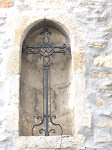



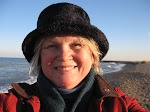
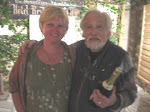

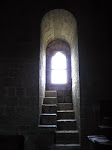

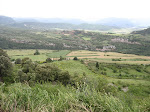












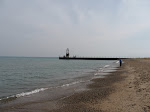
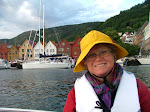

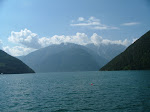
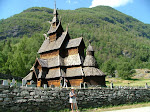



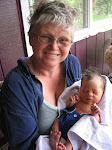
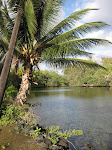

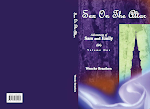
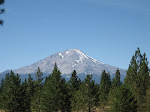



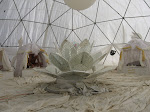
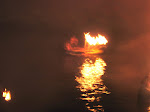

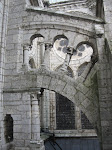
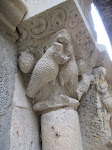

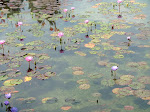

No comments:
Post a Comment